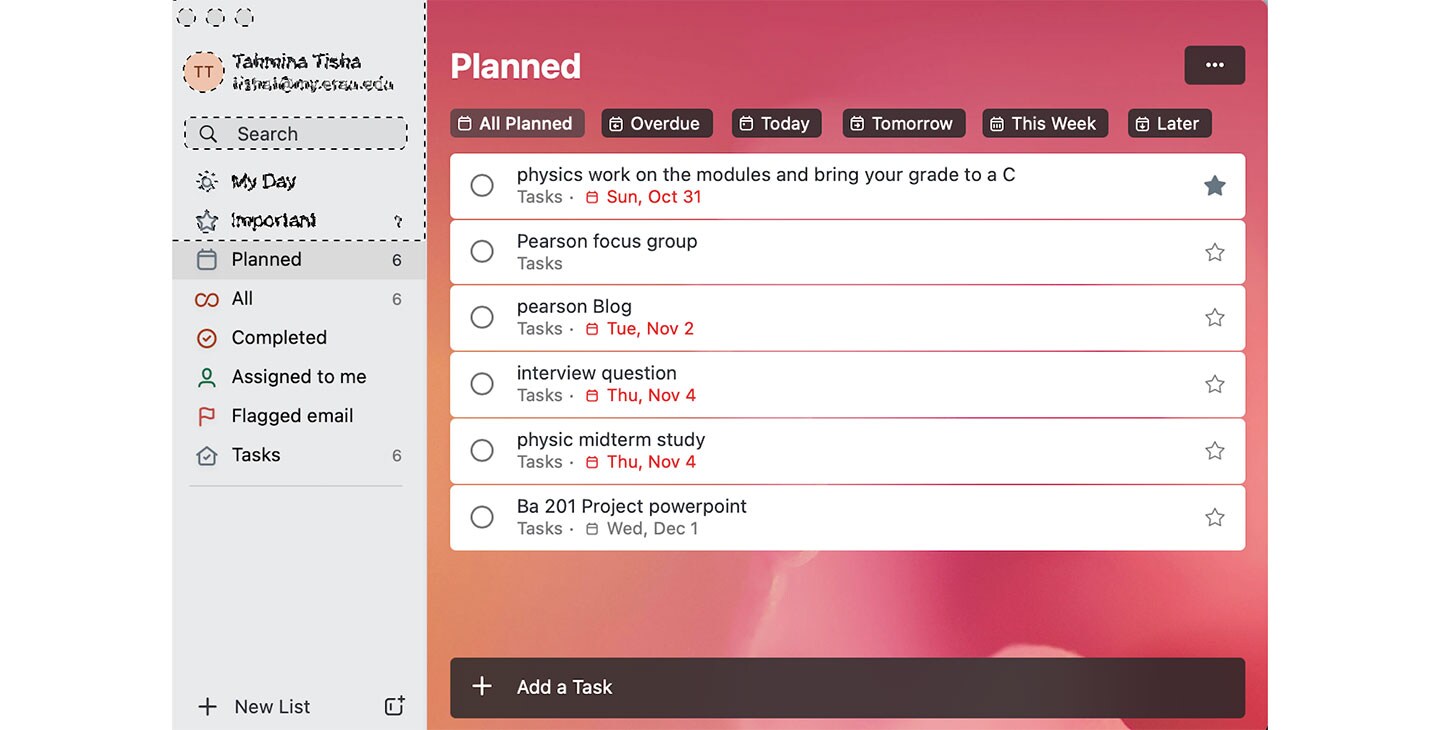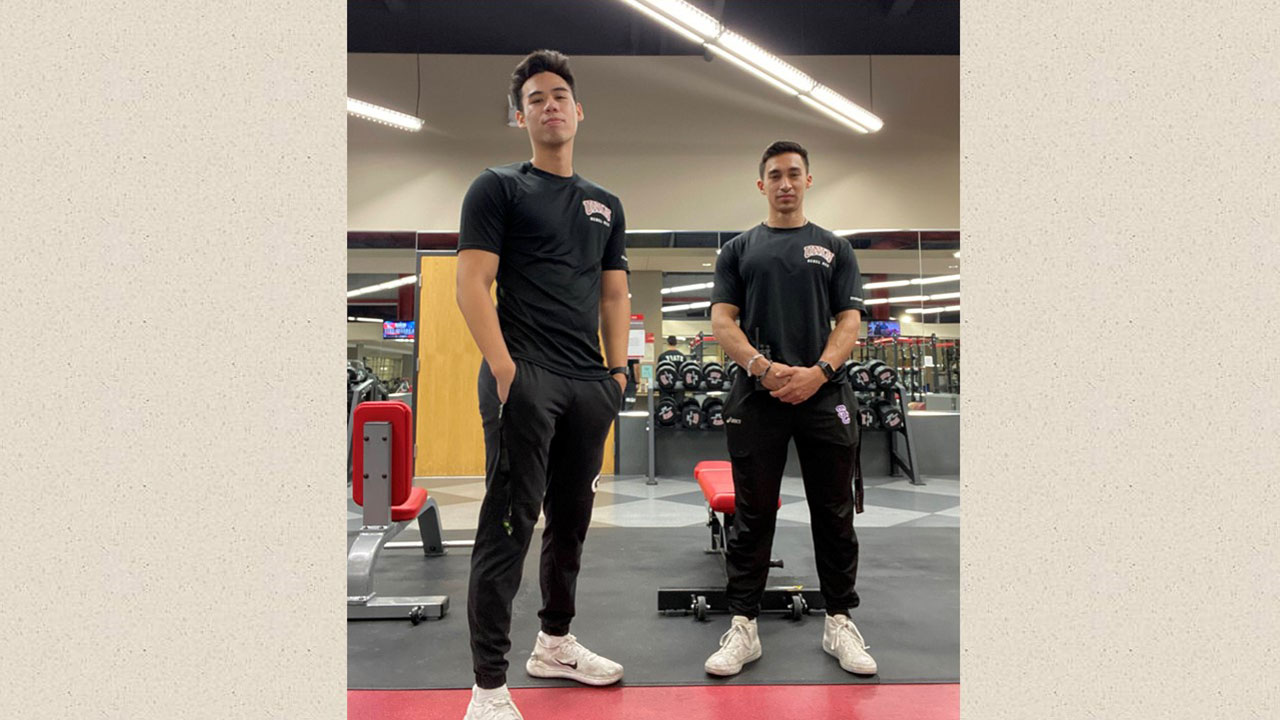
Finding the Perfect College Roommate
As a student at Miami Dade College, part of my college process is applying to transfer schools. I am a potential nursing student who is applying to major programs all around the United States. With transferring, there are a lot of decisions to make, including where and who to live with. To help with finances, I will be on the lookout for a roommate to both split the cost of living and be a study partner. However, when it comes to choosing a college roommate it can be a very difficult process to endure. Here’s a step-by-step guide on how to find your perfect roommate and ease the process.
Knowing Yourself
Let’s start with the definition of a roommate. According to Merriam Webster, a roommate is “one of two or more persons sharing the same room or living quarters.” The key word here is sharing. Always keep in mind when thinking about having a roommate, you will have to share a living space with a stranger, in a sense. So, it’s important to understand what it is you want out of a roommate.
Ask yourself: why do I want a roommate? Am I looking for someone to solely split the cost of living? Is it to enjoy everything college has to offer outside of the academics? Or to have a study partner available outside of my classes?
Learning About Each other
Whether your potential roommate is someone you already know or a new connection, the next step is to learn about each other. Interview the person you are considering living with to get the conversation going about living preferences. Ask about their concept of sharing. Sharing can be difficult for some people when it comes to items, as they may be afraid of their items getting damaged or lost. It is important to discover your own boundaries, as well.
Here is a partial list of things many roommates share. Have a discussion with potential roommates to find out their thoughts on sharing these items:
- Kitchen appliances (such as stove, microwave, fridge, pots, pans etc.)
- Cleaning supplies
- Plates and cutlery
- Rugs
- Television
- Speaker
- Bathroom (toilet, bath/shower, and sink)
Maintaining Communication
Another topic important in your discussion is setting the rules of “who does what?” Communicating with your potential roommate about the responsibilities that come with sharing a dorm/apartment is important to maintaining a healthy household. Things to communicate about include:
- Cleaning responsibilities (kitchen, bathroom, dishes, floor etc.)
- How to split finances
- Cooking/Groceries - are we splitting or will we each fend for ourselves?
- Are we putting a curfew?
- Get-togethers/parties? Noise level?
Avoiding conflict is vital to achieving success in your academics and college life. Remember to talk and listen when interviewing.
At the end of the day, the most important thing to remember is that no matter what, you’ll need to respect your roommates’ wishes just as you’ll expect them to respect yours. This time in your life is important to enjoy, as it is a part of the foundation of who you will become in the future. Happy Hunting!
Do you have a compelling story or student success tips you’d like to see published on the Pearson Students blog? If you are a college student and interested in writing for us – click here to pitch your idea and get started!

